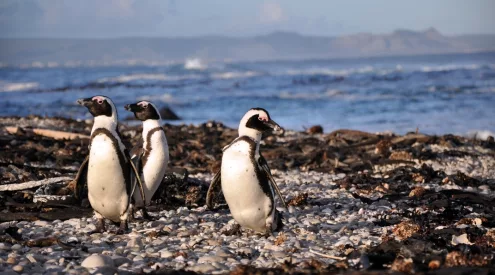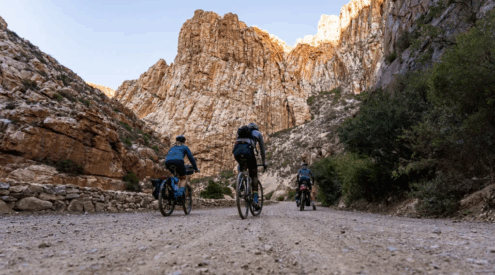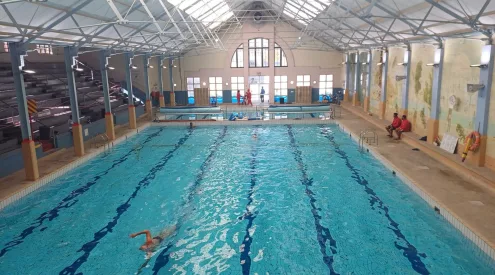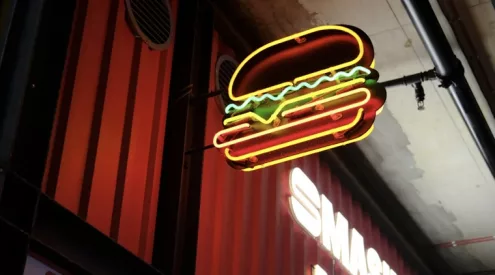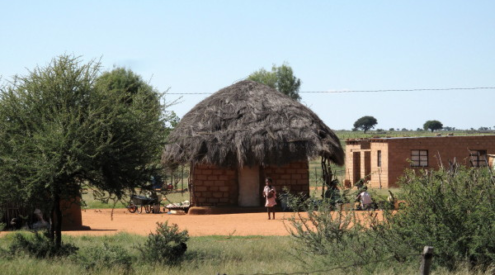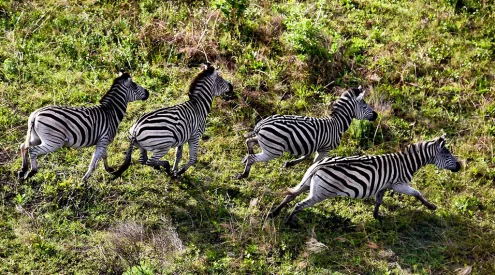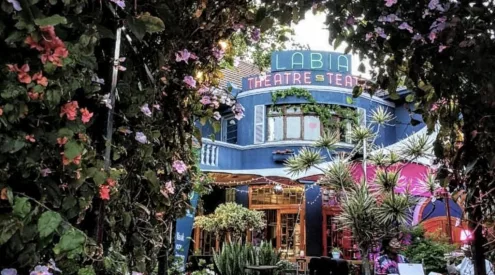Snake experts and medical practitioners continue calling on health minister Dr Joe Phaahla to intervene in South Africa’s antivenom shortage after a man in Noordehoek was bitten by a Cape Cobra on Thursday, 6 April.
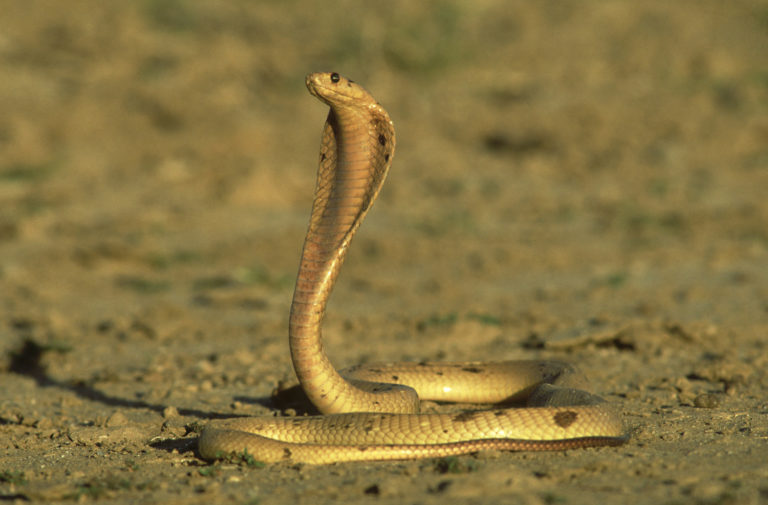
Picture: GettyImages
The shortage has been blamed on loadshedding, and a lack of funds to update old equipment to produce antivenom supplies.
26 trauma and medical practitioners, snake handling, and antivenom experts have signed an open letter. They are requesting that Phaahla supply funding and emergency equipment upgrades, and a backup power supply at the South African Vaccine Producers (SAVP) power plant.
Trauma surgeon Prof Timothy Hardcastle told Timeslive that ‘antivenom is a critical life-saving treatment in patients bitten by venomous snakes and has excellent outcomes when used timeously and correctly.’
Phaahla has said that the antivenom shortage is being monitored according to Daily Maverick, and the National Health Laboratory Services (NHLS) announced that they have ‘increased snakebite antivenom production, resulting in a steady stabilisation of output.’ However, ‘certain public and private hospitals, many of which are situated in high snakebite areas, have already run out of stock, while others have preciously little antivenom on hand.’
Hospital length of stay, patient medical management, mortality, and morbidity are all affected by the antivenom shortage. ‘The inability and lack of expected delivery of antivenom pose a major health risk.’
Snake catchers have been warned to practice extreme caution when retrieving snakes as the likelihood of them getting treatment if they get bitten is incredibly low.
Veterinarians too are now unable to acquire antivenom, as it is being saved for human lives. A snake catcher from Sandula Conservation in Nelson Mandela Bay was unable to administer antivenom to dogs bitten in the past two weeks, and all have passed away.
Follow us on social media for more travel news, inspiration, and guides. You can also tag us to be featured.
TikTok | Instagram | Facebook | Twitter
ALSO READ: SA government withdraws regulations to protect endangered species

